Reverie Sleep Blog
From real-life sleep hacks to the latest in mattress tech, consider this your guide to better rest.
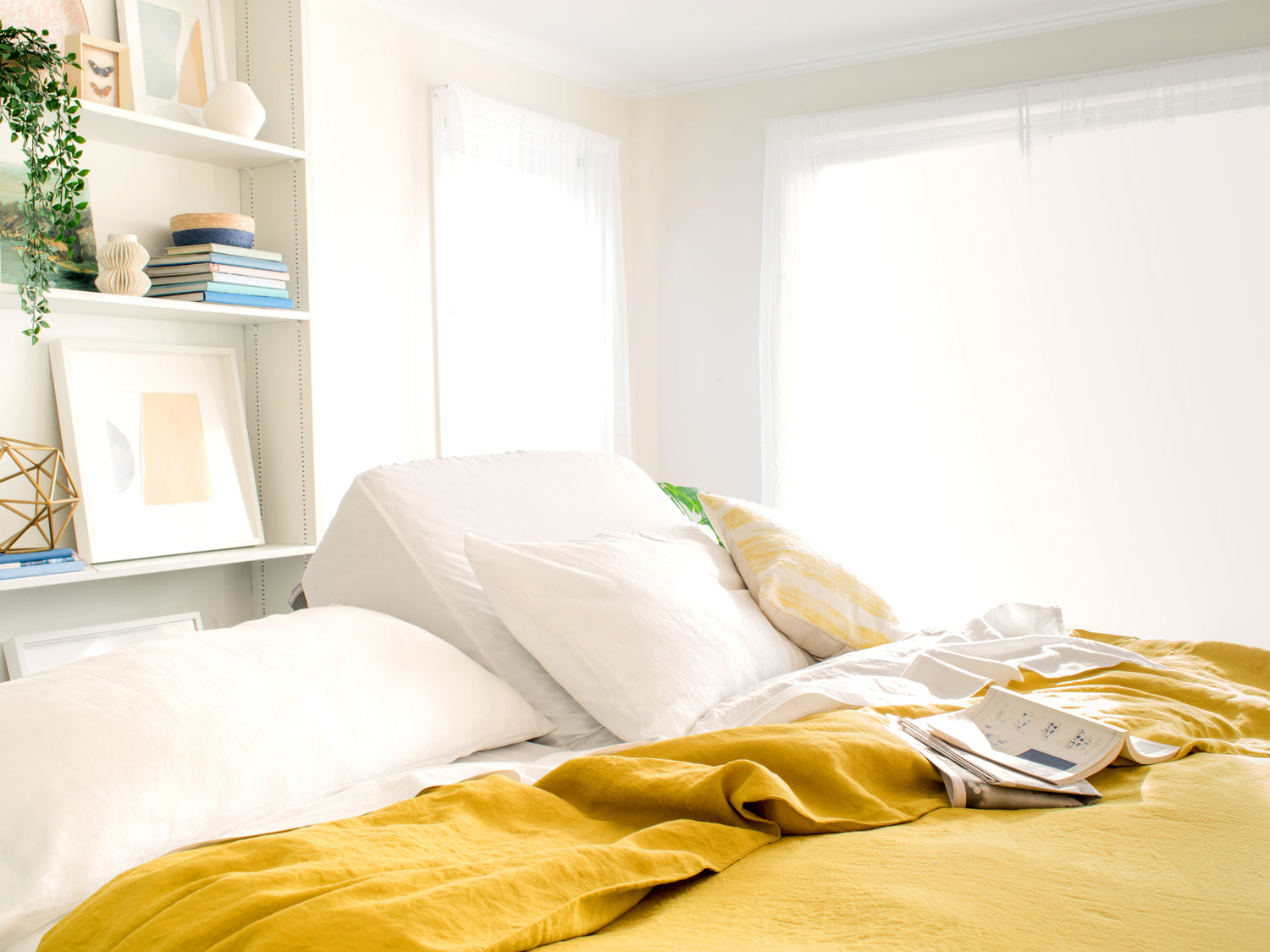
A Recipe for Great Sleep
Getting the quality sleep you need to feel healthy, happy and alert can be achieved if you follow a "recipe" of consistent routines.
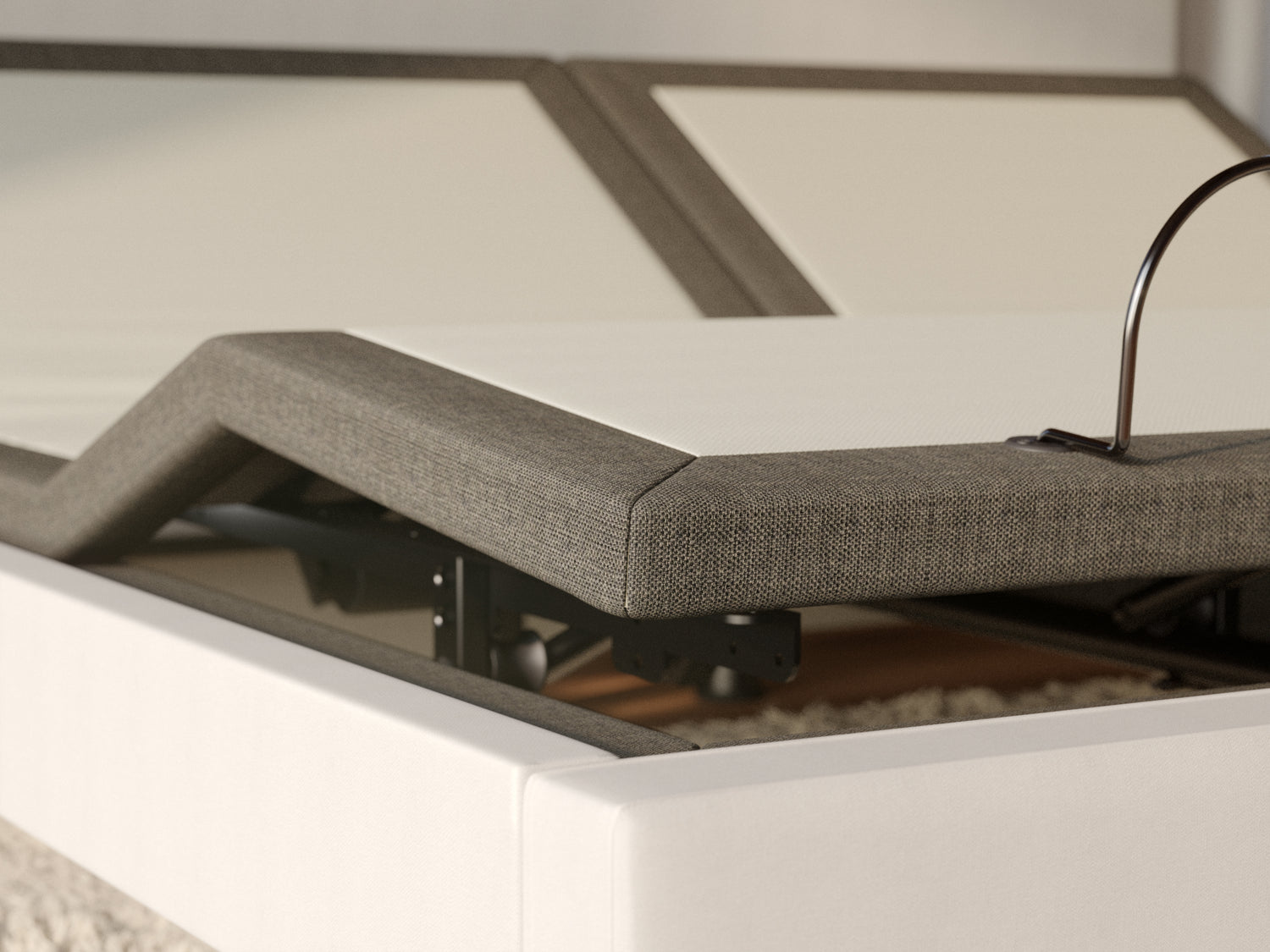
Figure Out What You Need in a Mattress
Take the QuizReverie Sleep Blog

Holiday Stress and Sleep Loss: How to Sleep Bet...
Holiday stress affects sleep by activating the nervous system, disrupting routines, and reducing REM sleep—especially when alcohol is involved. To sleep better during the holidays, limit alcohol, stimulate the vagus...
Holiday Stress and Sleep Loss: How to Sleep Bet...
Holiday stress affects sleep by activating the nervous system, disrupting routines, and reducing REM sleep—especially when alcohol is involved. To sleep better during the holidays, limit alcohol, stimulate the vagus...

Sweet Dreams Through the Season: How to Enjoy t...
‘Tis the season of celebration — the season of yum. Tables laden with goodies, laughter lingering late into the evening, and a cozy glow all around. But it can also...
Sweet Dreams Through the Season: How to Enjoy t...
‘Tis the season of celebration — the season of yum. Tables laden with goodies, laughter lingering late into the evening, and a cozy glow all around. But it can also...

How to Make the Most of That Extra Hour
The leaves are changing, the mornings are frostier, and the sun is setting earlier and earlier—which can only mean that the end of daylight saving time is right around the...
How to Make the Most of That Extra Hour
The leaves are changing, the mornings are frostier, and the sun is setting earlier and earlier—which can only mean that the end of daylight saving time is right around the...
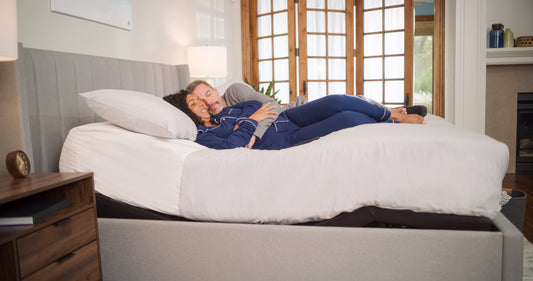
Bed Upgrades vs. New Purchase: When is the time...
Investing in a quality bed that supports your specific sleep needs is crucial. How do you know when to purchase bed upgrades or buy a new mattress?
Bed Upgrades vs. New Purchase: When is the time...
Investing in a quality bed that supports your specific sleep needs is crucial. How do you know when to purchase bed upgrades or buy a new mattress?
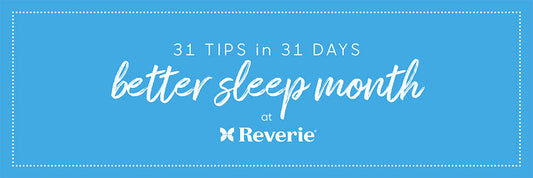
31 Sleep Tips in Celebration of Better Sleep Month
We're publishing a month's worth of tips to help you sleep better with only minor changes to your daily life. Here's to Better Sleep Month, and to sleeping your best...
31 Sleep Tips in Celebration of Better Sleep Month
We're publishing a month's worth of tips to help you sleep better with only minor changes to your daily life. Here's to Better Sleep Month, and to sleeping your best...
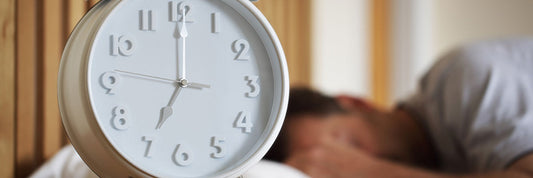
How Long Does It Take to Fall Asleep?
Lorem ipsum dolor sit amet, consectetur adipiscing elit, sed do eiusmod tempor incididunt ut labore et dolore magna aliqua. Ut enim ad minim veniam, quis nostrud exercitation ullamco laboris nisi...
How Long Does It Take to Fall Asleep?
Lorem ipsum dolor sit amet, consectetur adipiscing elit, sed do eiusmod tempor incididunt ut labore et dolore magna aliqua. Ut enim ad minim veniam, quis nostrud exercitation ullamco laboris nisi...
Sleep Better, Stay in the Know
Get tips, product news, and exclusive offers—straight to your inbox.
